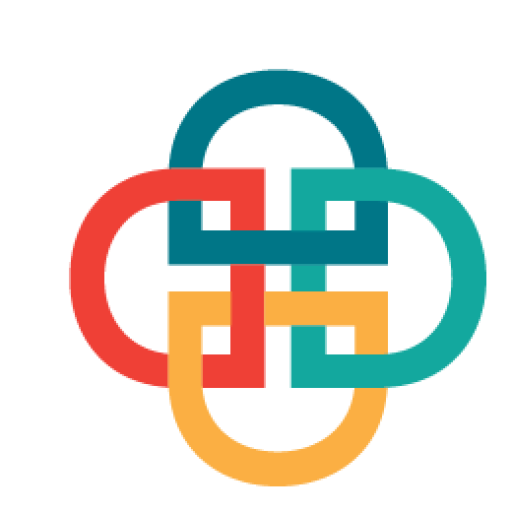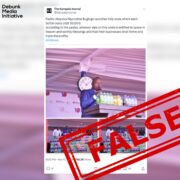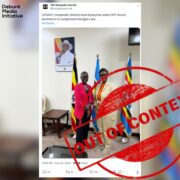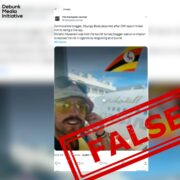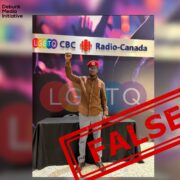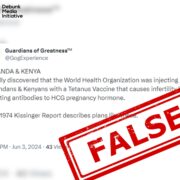No, There Is No Evidence That Radio Waves Cause Heavy Rain
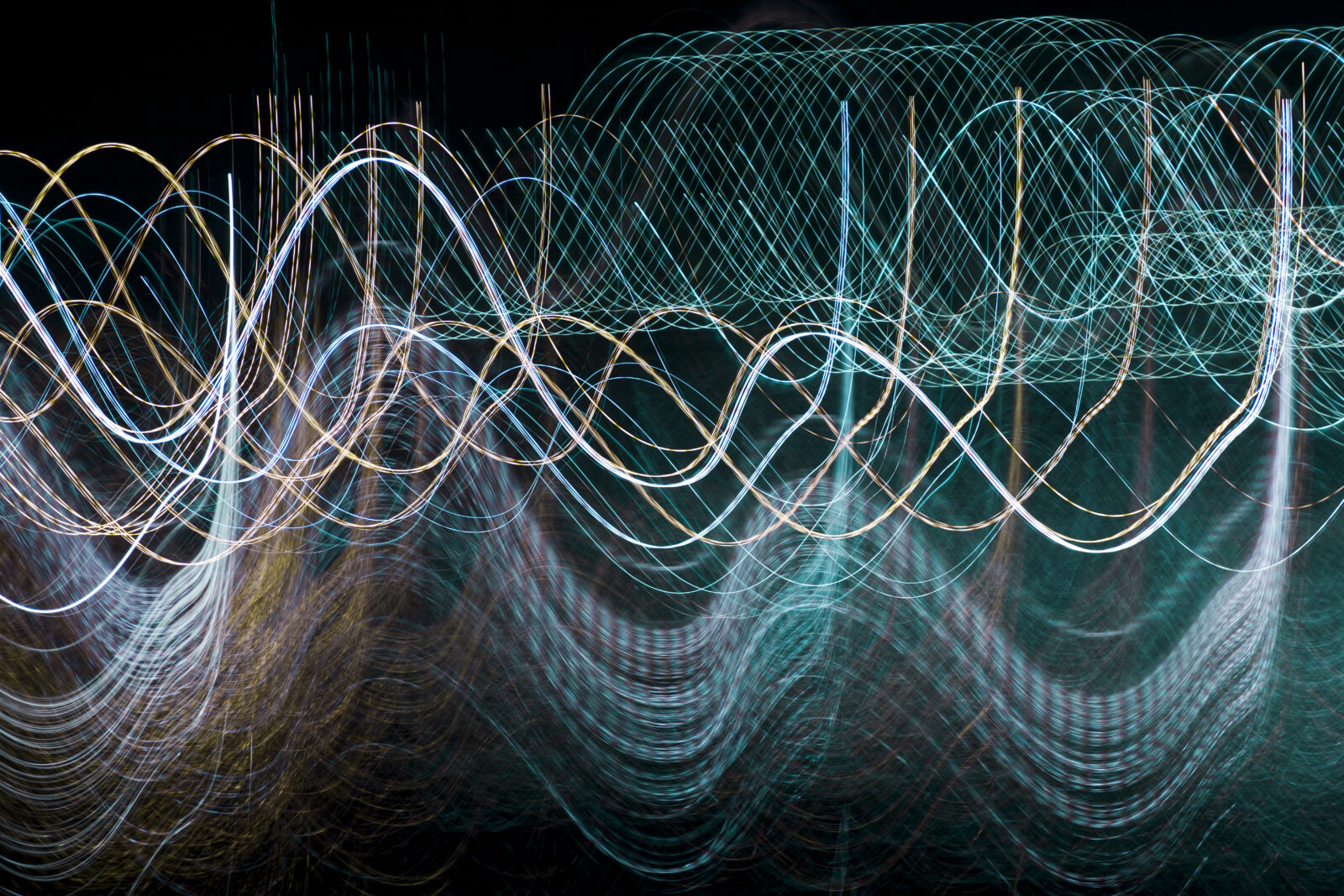
A Twitter user commented, saying that “too much radio waves cause heavy rain”, on a tweet reporting about floods in Rwanda.
According to TruthNest, a bot detection tool, the Twitter account has a 30% chance of being a bot, with its user based in Japan.
Fact Check
Radio waves mentioned in the tweet are simply a form of non-ionizing radiation, according to the International Commission on Non-Ionizing Radiation Protection (ICNIRP), which means that they do not have enough energy to break chemical bonds. This means that they cannot directly cause rain.
They travel very quickly through space, and they move at the speed of light, making them able to pass through the atmosphere, according to the National Aeronautics and Space Administration (NASA).
“These radio waves, like light waves, are subject to reflection and refraction. They are also subject to attenuation losses due to atmospheric and natural phenomena such as rain, snow, and fog. These result in three major types of signal degradation: multipath interference, fading, and attenuation losses,” according to Science Direct.
On the other hand, rainfall begins when clouds are formed from water droplets. The National Oceanic and Atmospheric Administration (NOAA) explains that water droplets within a cloud condense onto one another, causing the droplets to grow, and when the droplets become too heavy to remain suspended in the cloud, they fall to Earth as rain.
Furthermore, radio waves are non-ionizing radiation, which means they do not have enough energy to break apart molecules or create charged particles in the atmosphere. This has been confirmed by a report by the World Health Organization.
Verdict
While radio waves can have an effect on the climate, there is no scientific evidence to support the claim that radio waves can cause heavy rain. Therefore, the claim that too “much” radio waves cause heavy rain is false.
This fact-check was produced by the Debunk Media Initiative with support from Code for Africa’s PesaCheck, the International Fact-Checking Network, and the African Fact-Checking Alliance network.
2021 Africa Check Award-winning Fact-Checker, Media Challenge Initiative Fellow class of 2020, 2022 Code For Africa and International Fact-Checking Network Climate Change Fact-Checking Fellow, 360 Digital Sherlock, trained by the Atlantic Council’s Digital Forensic Research Lab in open-source intelligence.
